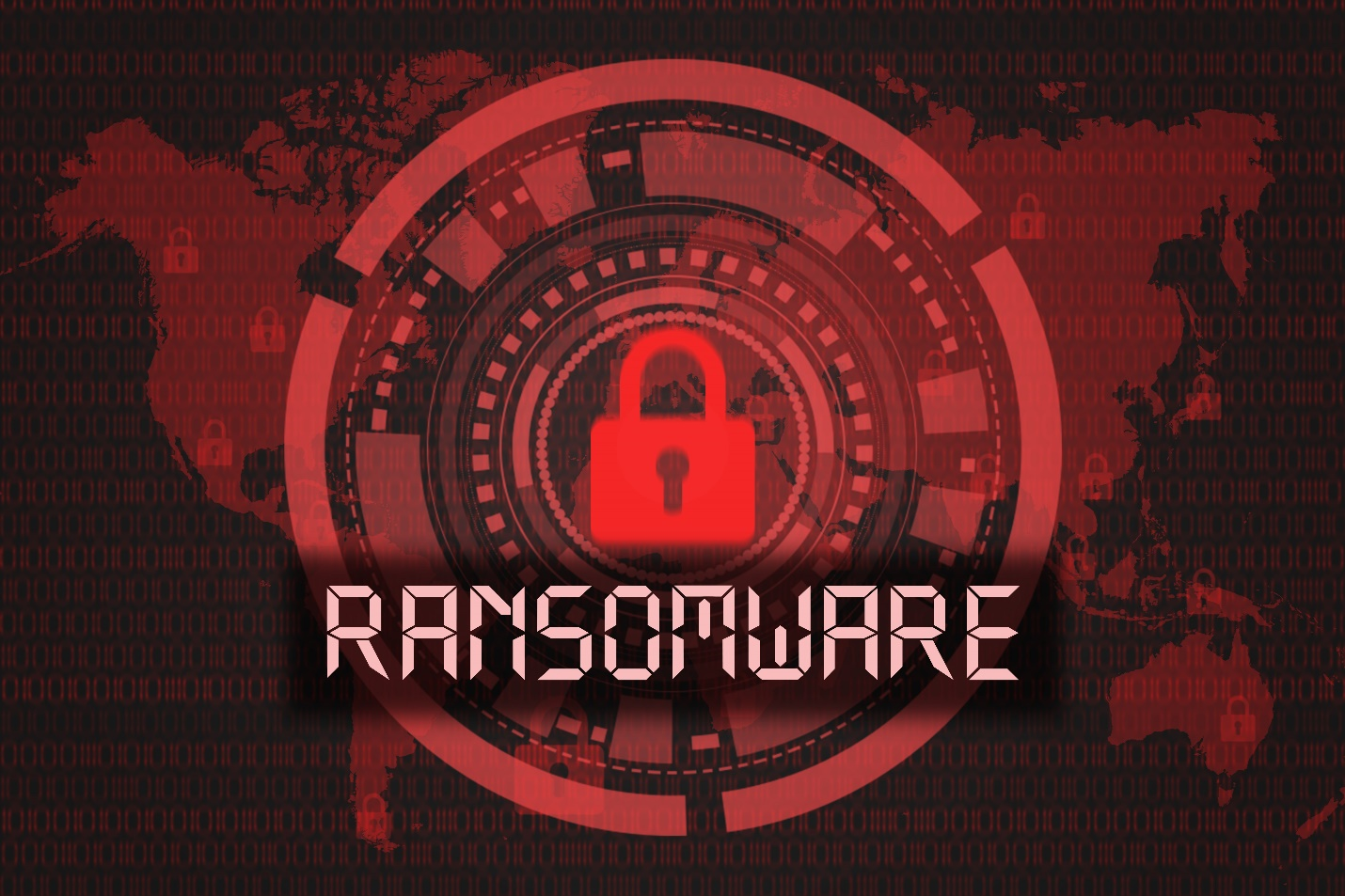What can city and county officials do about it?
As a city or county official, you clearly understand that technology is a critical part of your offices and incredibly important to your citizens.
You are like all of us. We all have a hard time believing we are a real target for cybercriminals. But, unfortunately, cities and counties are no exceptions. Government officials may think of themselves as something other than a target and mistakenly assume cybercriminals are only interested in large corporations or large metropolitan cities or counties.
Also, local officials may feel overwhelmed by the complexity of cybersecurity, especially if, like their peers, they don’t have a technology background.
It is also difficult to put cyber security on the top of your list when you have big issues like limited budgets, infrastructure issues, staffing, public safety, and health concerns … to name a few!
That being said, keeping your offices and your citizens cyber secure now needs to be a priority, if not for one reason … it can be incredibly costly to your entire county.
As a Managed IT Provider for the past 25 years, we specialize in local government IT, technology, and cyber security. As a result, we have seen first-hand the impact that breaches and cyber-attacks can have on cities and counties.
In this article, we’ve identified the five most significant cybersecurity gaps that cities and local governments face.
We will provide practical solutions to help address these gaps and protect your city’s digital systems from the dangers of being breached.
The 5 Biggest Cyber-Gaps for Cities and Counties
1. Limited Budgets
The first and probably the biggest reason for a cyber security gap is the lack of money.
 Local governments have so many competing priorities for resources that cyber security has been short-changed in the past, especially if there have not been any significant cyber-attacks.
Local governments have so many competing priorities for resources that cyber security has been short-changed in the past, especially if there have not been any significant cyber-attacks.
Which has given city and county officials a bit of a false sense of security!
Also, there is only so much money to go around for cities and counties. And most of the time, the government needs to allocate more resources for you to fill that gap.
Although, as government cyber security audits have shown big issues, more money is needed and slowly being allocated.
What can you do?
One of the first things you can do is educate your elected officials, commissioner, and decision-makers on the importance of cyber security. This can include:
- Develop a clear message
- Provide real and concrete examples of devastating a breach can be
- Provide training
- Use metrics to show the ROI of cybersecurity.
Take these 6 steps to address cyber security with a limited budget
- Provide regular cyber security training.
- Invest in basic cyber security measures.
- Begin with a cyber security self-assessment.
- Have a 3rd-party do a full live cyber security assessment.
- Implement multi-factor authentication.
- Develop incident response plans.
These are just a few examples of how you can handle cyber security on a limited budget. By prioritizing cyber measures, getting elected officials involved, providing regular training, and leveraging outside resources, you will reduce your cities or counties’ risk of being breached.
2. Outdated Legacy Infrastructure

Outdated legacy infrastructure is a big cyber security risk for local cities and governments because these older networks were not designed to withstand modern cyber threats.
When is technology considered “legacy?”
- The technology is out of support from the supplier.
- The technology is impossible to update.
- It is no longer cost-effective to maintain.
- It exceeds the acceptable risk threshold.
- It needs specialized expertise or replacement parts.
Those legacy systems typically don’t have the necessary cybersecurity elements, like firewalls and intrusion detection systems, or they have outdated software vulnerable to the latest cyber-attacks.
Legacy infrastructure is a big cyber risk for local cities and governments because these systems hold personal information and financial records. A breach of these systems can have severe consequences, including identity theft, financial loss, and damage to your government’s reputation.
What can you do?
Here are some suggestions:
- Conduct a cybersecurity assessment. First, identify the systems.
- Prioritize transformation and modernization efforts.
- Update and replace software and hardware.
- Implement multi-factor authentication.
- Train employees
- Develop an incident response plan
By taking some of these steps, local cities and counties will reduce the chance of a successful cyber-attack on legacy infrastructure and computer systems.
Additionally, local cities and governments need to prioritize cyber security and invest in the necessary resources to protect their systems and data from harm.
3. Poor Understanding of Cyber Threats
One of the biggest reasons cities and counties are so vulnerable is the need for more awareness.

And this awareness mainly stems from not believing they are a real target for cyber-criminals. C
Cities and counties, like small businesses, have the false belief that they are not a real target for cybercriminals. They mistakenly believe that only large corporations and big cities are getting hit.
This couldn’t be further from the truth.
Several factors have made local cities and counties an increasingly attractive target for cybercriminals.
- Their lack of investment in cybersecurity
- Increased reliance on technology (Everyone is connected)
- Access to valuable city information
- Political motivations
- Interconnected systems (Part of a larger governmental network)
Many local cities and county officials need a better understanding of cybersecurity because of the complexity of the threat landscape, lack of expertise, resource and budget constraints, and over-reliance on legacy systems.
What can you do?
As a trusted Managed Service Provider with over 25 years and our first in class cyber security system, created for smaller organizations, we understand your challenges.
Here are things you can do that will help
- Invest in cyber security training-Every little bit helps!
- Stay up to date on the latest government cyber-threats
- Report all suspicious activity (Make it easy to report)
- Do regular cyber assessments and include your team.
- Participate in tabletop exercises (cyber-simulations)
- Develop an incident response plan
- Practice good cyber hygiene.
- Partner with cyber security experts
By taking these steps, city and county officials can better protect their systems and data from cyber threats and reduce the risk of a cyber-attack.
4. Lack of Employee Training
A lack of employee training is one of the biggest cyber security gaps facing cities and counties, and it leaves them susceptible to a wide range of cyber-attacks.
 One of the biggest problems with a lack of employee training is that employees will not be aware of the latest cyber threats aimed at local governments … and won’t know how to protect against them.
One of the biggest problems with a lack of employee training is that employees will not be aware of the latest cyber threats aimed at local governments … and won’t know how to protect against them.
This can lead to mistakes, such as clicking on suspicious links (phishing) or downloading malware-infected files, compromising the security of your office, city, county, and, just as importantly, your citizens.
Another risk is that employees may need to understand the importance of following cybersecurity best practices, such as using strong passwords, regularly updating software, or avoiding public Wi-Fi networks.
This can make them more vulnerable to cyber-attacks, including phishing or other social engineering attacks.
Finally, lacking employee training can make it harder for local governments to create a cyber security awareness and readiness culture. When employees need to understand the risks and implications of cyber threats, they may not take cyber security seriously, leaving local governments more vulnerable to attack.
Examples of the risks associated with a lack of employee training: The city of Pensacola, Florida, suffered a ransomware attack attributed to an employee who had clicked on a phishing email. The attack cost the city over $700,000 in recovery costs and lost productivity.
What can you do?
The answer to this is straightforward.
- Establish a cyber security culture.
- Develop a cyber security training program: Your IT provider should have one!
- Conduct regular phishing
- Offer incentives.
- Partner with cyber security experts.
- Conduct tabletop exercises
Team training is a critical component of effective cyber security, and a lack of training will leave your city or county open to cyber-breach.
When it comes to cyber security training, a little regular training goes a long way!
5. Poor Password Policies

This will be something you have probably heard many times before; weak and poor passwords are the easiest way cybercriminals can breach your city or county.
It is an amazing statistic, but still, today, over 50% of city and county employees and officials use weak passwords that can be easily cracked. Including “123456.” “Password,” and “qwerty.”
Also, most people use passwords across multiple accounts, increasing the cyber-attack risk.
Weak passwords are easy to guess or crack: This allows cybercriminals to gain access to sensitive and personal city and county information.
Password reuse increases risk: This allows cybercriminals to move laterally through a network and access even more sensitive data or systems.
Lack of password expiration policies: This can allow cybercriminals to maintain a foothold in a network and continue to compromise additional systems or data.
What can you do?
To fix poor password policies, city and county officials can take several actions:
- Implement multi-factor authentication.
- Enforce strong password policies.
- Don’t assume your people are using strong passwords
- Encouraging using a password manager
- Remind your entire team to change passwords regularly.
By enforcing strong password policies, encouraging the use of password managers, implementing multi-factor authentication, and requiring employees to change their passwords, city and county officials can regularly reduce the risk of cyber-attacks and better protect the critical services they provide to their communities.
Conclusion:
In conclusion, cyber security is a critical concern for cities and local governments.
The five cyber security gaps we mentioned – lack of funding, outdated legacy infrastructure, poor understanding of cyber threats, lack of employee training, and poor password policies – are significant challenges you must address to protect your offices, businesses, and citizens from being breached.
Cyber-attacks and breaches in cities and counties can have a disastrous effect, including
- Disruption of critical services to your citizens
- Large financial cost (Ransomware)
- Loss of personal and sensitive data
- Legal and regulatory consequences
- A hit on your reputation
We hope this information gave you some good insights regarding cyber security and your city or county.
At Imagine IT, we have the expertise and experience to help municipalities develop and implement effective cybersecurity strategies that address these gaps.
If you are a city or local government looking to improve your cyber security, please get in touch with us to learn how we can help.
Or check out our fully layered cyber security solution for local governments here:
If you have more immediate need and would like to have a full cybersecurity assessment or talk with one of our cybersecurity advisors, please reach out to us now.





